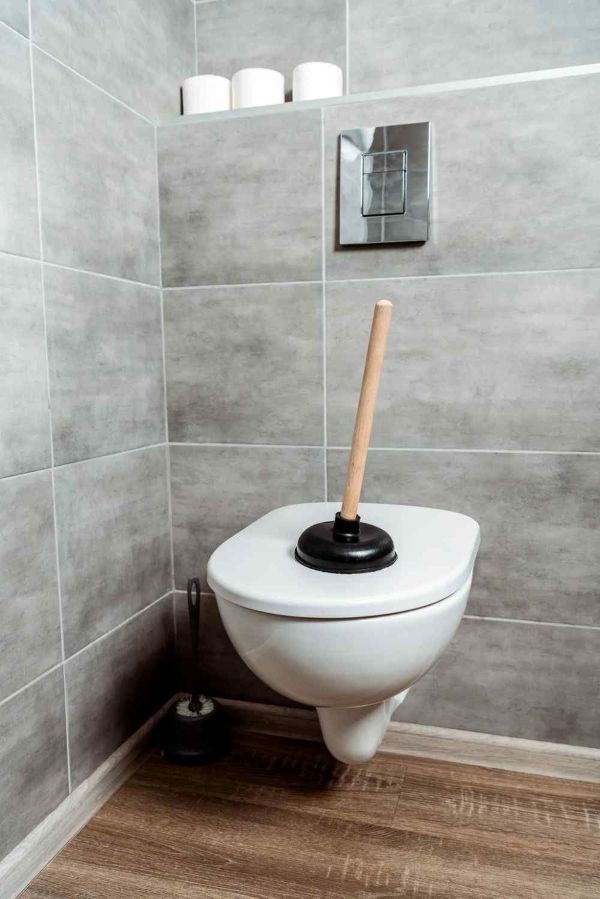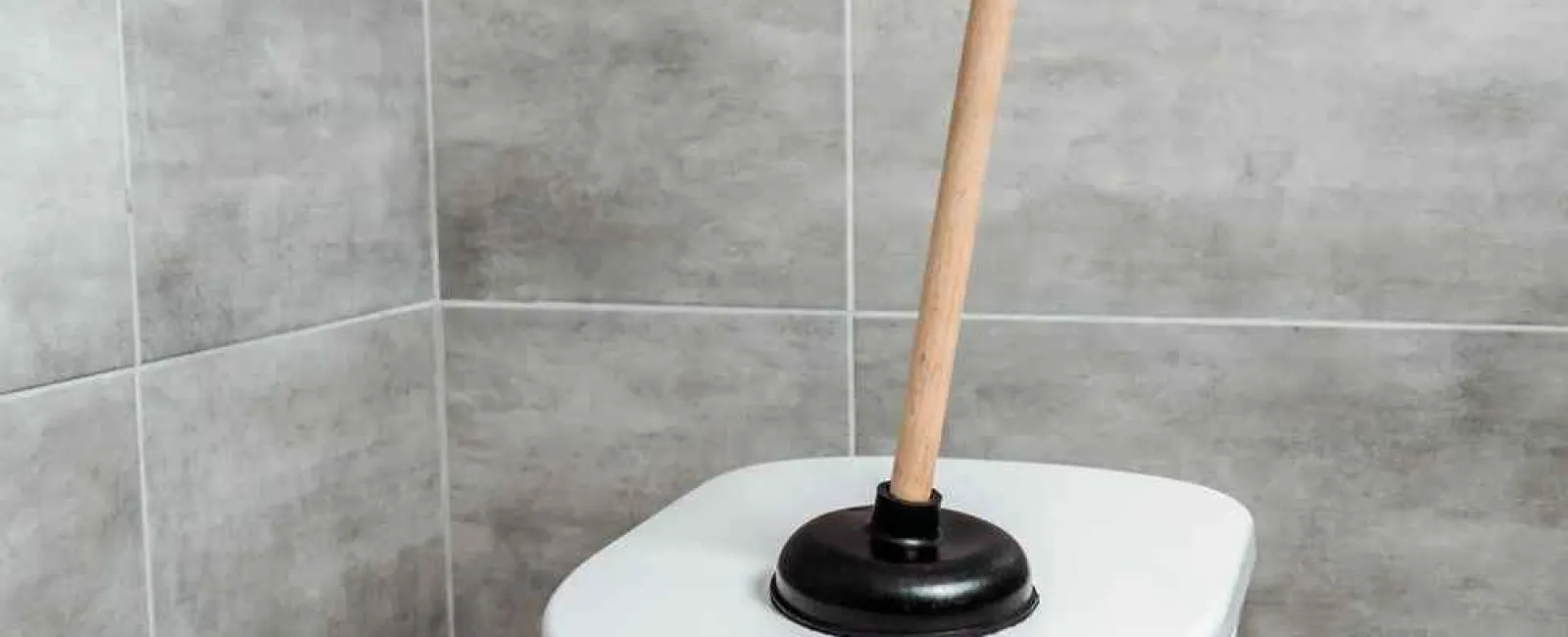- Slow drains and gurgling sounds indicate blockages.
- Reduce water usage to prevent further damage to the septic drainfield.
- Contact experts for issues like septic field lines being clogged.
- Regular maintenance and proper disposal practices can prevent clogs.

Dealing with a clogged septic line can be stressful, but knowing the right steps to take can significantly ease the process. Here's what you need to know about identifying and resolving issues related to septic drain field clogged and septic field lines.
- Identify the Signs of a Clogged Septic Line. Recognizing the signs of a clogged septic line is crucial. These signs include slow drains throughout your house, gurgling sounds from your plumbing, water backing up into the household drains, and unpleasant odors emanating from drains or the septic area. Early detection can prevent more significant issues, such as sewage backflow or severe damage to your septic system, which can be both inconvenient and costly to repair.
- Reduce Water Usage Immediately. Once you suspect a blockage, minimize water usage to prevent further backup. This includes not running dishwashers or washing machines and taking shorter showers, which can help reduce the load on the septic drainfield while you address the issue. Reducing water flow helps mitigate the risk of overflowing and gives you some leeway while you arrange for professional help or a more thorough assessment.
- Inspect the Septic Tank. Often, problems thought to be a clogged line are actually issues with a full septic tank. Checking whether your septic tank needs pumping can clarify the cause of the backup and is a critical first step before further troubleshooting. If the tank is full, pumping it may resolve the issue without the need for additional, more invasive repairs.
- Check for Visible Blockages in the Drain Field. Visible inspection of the septic field lines can sometimes reveal blockages or damage that may be causing the issue. Look for overly wet areas or standing water in the drain field, which can indicate where a blockage might be. Identifying these areas can help professionals more quickly target their efforts, saving time and potentially reducing the cost of repairs.
- Contact a Professional. Dealing with septic drain field clogged issues can be complex and often requires professional intervention. A licensed septic service provider can perform a more thorough inspection, identify the exact cause of the problem, and clear the lines without damaging the rest of your septic system. This professional help is crucial in ensuring your system is not only cleared of blockages but also operates effectively moving forward.
- Consider Routine Maintenance. Prevent future issues by scheduling routine maintenance checks. Regular inspections and pumping are important for keeping your septic system working efficiently and can prevent many common problems, including clogs. These routine checks can catch issues before they become severe, saving you significant time, money, and inconvenience in the long run.
- Explore Remedial Actions. If recurring clogs are a problem, discuss potential remedial actions with your septic professional. This might include repairs or modifications to your septic field lines or upgrading certain components of your septic system to better handle your household's output. Solutions could involve redesigning the layout of the field, installing filters, or other updates that enhance the processing and flow within the system, ensuring it is more resilient against clogs.
Understanding and Preventing Common Causes of Septic Line Clogs
While addressing immediate issues is imperative, understanding the underlying causes of septic line clogs and taking preventive measures can help you avoid future problems. Here are some of the most common culprits behind clogs and practical tips on how to prevent them.
Common Causes:
- Non-biodegradable Items: Flushing non-biodegradable items like wipes, feminine hygiene products, and paper towels can easily lead to septic line clogs.
- Excessive Grease: Disposing of grease in your kitchen sink can solidify in the septic lines, causing significant blockages.
- Tree Root Intrusion: Tree roots can grow into septic lines, seeking moisture and nutrients, which can lead to blockages and damaged pipes.
- Overuse of Household Chemicals: Excessive use of chemicals, like drain cleaners, can disrupt the bacterial balance in the septic tank, affecting its ability to break down solids properly.
Preventive Measures:
- Regular Inspections: Conduct regular inspections and maintenance of your septic system to catch issues before they escalate.
- Proper Waste Disposal: Educate all household members about what should not be flushed or poured down the drain.
- Manage Landscaping: Keep landscaping that requires extensive root systems away from septic field lines to prevent root intrusion.
- Conservative Chemical Use: Use household chemicals sparingly and choose septic-safe products to maintain the health of your septic system.
By understanding these common causes and implementing preventive strategies, homeowners can significantly reduce the risk of clogs and maintain the efficiency and longevity of their septic systems.
Are you facing issues with a clogged septic line? Don't let the problem escalate. Contact Scorpion Septic today for professional assistance. Our team can quickly diagnose and resolve any issues with your septic drainfield, ensuring your system operates smoothly.

